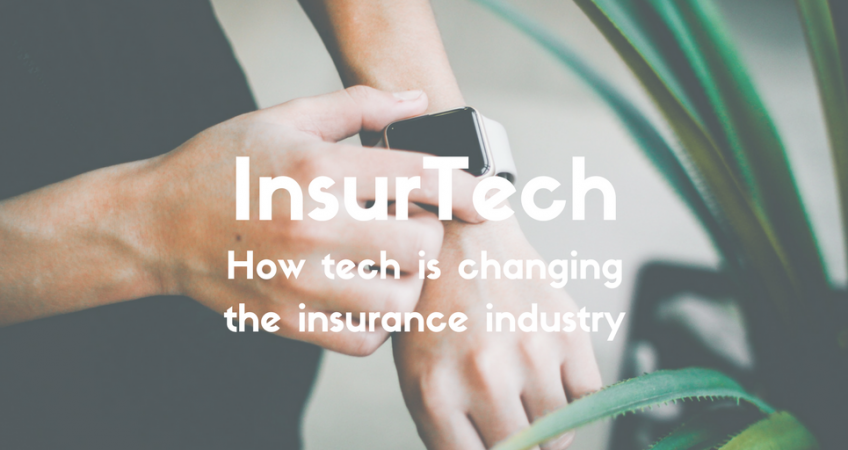After the entry of technologies in finance sector – FinTech. Insurance sector is ready to make a buzz about it. The term – InsurTech, a combination of words insurance and technology, as a segment is sure to gain the attention of innovators in the coming years.
Artificial Intelligence, Machine Learning and Blockchain technologies will be the hottest technologies to watch in insurance sector. All these technology interventions are helping the insurance sector to offer customer-oriented solutions managing price, risk, cost and customization.
According to a report from Questex, Insurtech might take home 86 million policies by 2022.
Insurance sectors are increasingly investing in latest technologies in order to improve their customer experience. The investment in AI applications has increased from $4.0 billion(2015) to $5.0 billion(2016).
Let’s take a look on benefits and use case of these technologies.
Artificial Intelligence/Machine Learning:
AI/ML can help tremendously in insurance sector with payment of premiums and claims, insurance has much to do in terms of customer engagement.
Use cases of AI/ML
- Claim management : Claims management can be augmented using machine learning techniques in different stages of the claim handling process. By leveraging AI and handling massive amounts of data in a short time, insurers can reduce the overall processing time.
- Marketing and Customer experience: Improving the customer experience by using customer data, usage and demographics.
- Telematics: Telematics that helps in gathering the history of speed, turning and braking patterns, distance, time of day and many such things could assist in judging drivers are driving capability and issue an insurance policy accordingly.
Blockchain:
Blockchain/Bitcoin has the great potential to bring the revolution in finance and insurance industry. Blockchain is going to change the way that data is processed and the way investments are handled.
The potential use cases of blockchain, i.e. Distributed Ledger Technology (‘DLT’), anonymised processing, immutable, encryption.
1 . Decentralized cloud storage across the network.
2. HR Management – Resume Authentication for job hunters. Background verification without using third party consultancies.
3. Supply Chain Management & Transparency – Banks and insurers can create performance management programs to increase engagement
4. Vehicle Leasing system – Complex vehicle supply chain management can be done using Blockchain and smart contracts
Takeaway:
Let’s take this opportunity to explore new dimensions of the business and let robotics take the command. Its time to say good – bye to the age- old processes and welcome to the whole new world of technologies in insurance.
Knowledge thats worth delivered in your inbox





